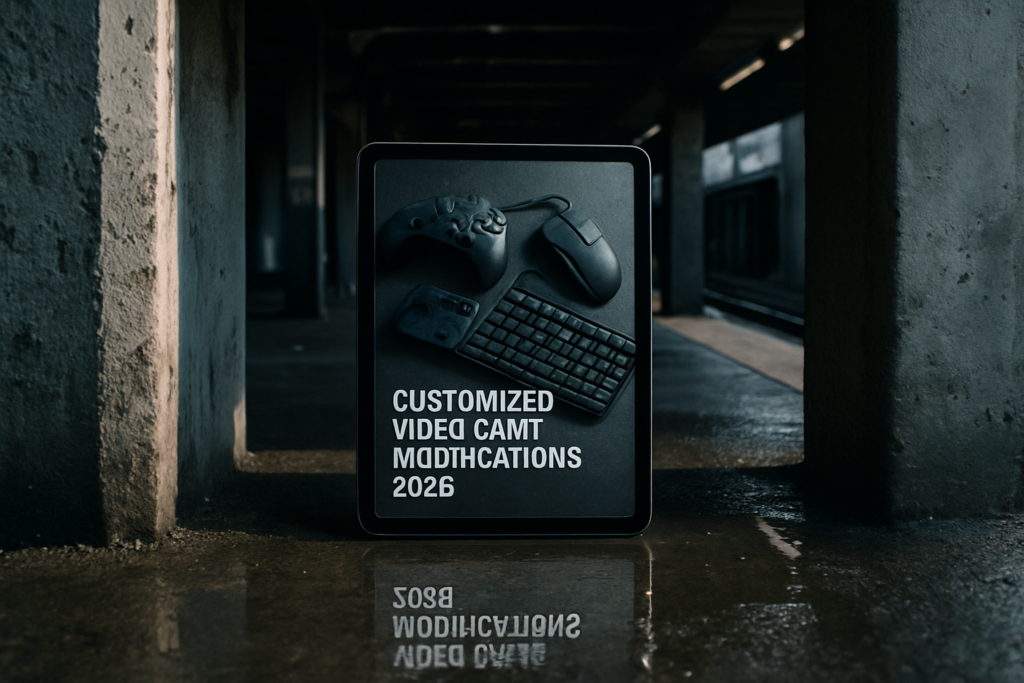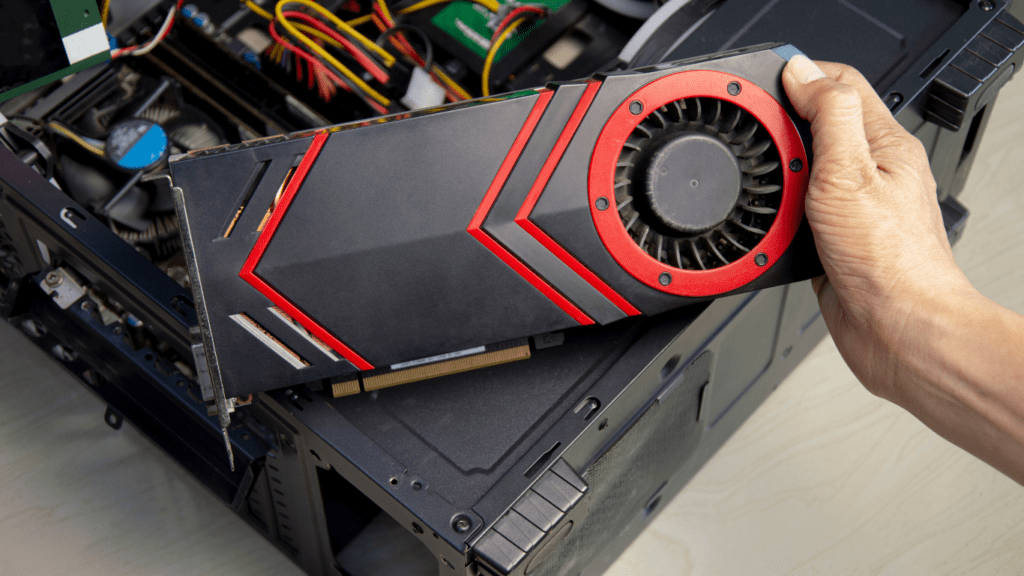When it comes to choosing between gaming laptops and desktops, the decision can be a tough one. As a gaming enthusiast, I understand the importance of selecting the right setup for an immersive gaming experience.
In this article, I’ll delve into the debate of gaming laptops versus desktops to help you determine which option suits your gaming needs best. As technology continues to advance, both gaming laptops and desktops offer unique benefits and drawbacks.
From portability and convenience to raw power and customization, each has its strengths that cater to different preferences. Whether you prioritize performance, mobility, or budget, making an informed choice between these two gaming platforms is crucial for maximizing your gaming enjoyment.
Join me as I explore the key factors to consider when deciding between gaming laptops and desktops, guiding you towards the ideal gaming setup that aligns with your gaming style and preferences.
Overview of Gaming Laptops and Desktops
When comparing gaming laptops and desktops, it’s essential to consider several key factors that can influence your gaming experience. Both options have their own set of advantages and disadvantages, so understanding the distinctions between them is crucial in making the right choice for your gaming needs.
- Performance: Gaming desktops typically offer higher performance capabilities than laptops due to their larger size and better cooling systems. This allows desktops to house powerful graphics cards and processors, providing smoother gameplay and faster rendering speeds.
- Portability: On the other hand, gaming laptops are designed for on-the-go gaming, offering the flexibility to play anywhere. While they may not match the raw power of desktops, gaming laptops provide convenience and versatility for gamers who travel frequently or prefer a more compact setup.
- Upgradability: Desktops are highly customizable and allow for easy upgrades of components such as graphics cards, RAM, and storage. This flexibility ensures that your system can evolve with technological advancements, prolonging its lifespan and enhancing performance over time.
- Price: In general, gaming desktops are more cost-effective than laptops when comparing performance at a similar price point. While laptops offer portability, this convenience often comes at a higher price due to the compact nature of components and specialized design.
Considering these factors, the decision between a gaming laptop and desktop ultimately depends on your priorities as a gamer. Whether you value raw power, portability, customization, or affordability, weighing these factors carefully will help you choose the setup that best suits your gaming preferences.
Performance Comparison
When comparing gaming laptops and desktops, CPU and GPU performance is crucial. Gaming desktops typically outperform laptops with higher-end processors and graphics cards, resulting in better performance and smoother gameplay.
Their larger size allows for more effective cooling, enabling components to run at full potential. Desktops also excel in RAM and storage capacity, offering more RAM for faster multitasking and smoother gaming.
They can accommodate multiple storage drives, including SSDs for quicker boot and loading times, allowing gamers to customize their setup for large game libraries or content creation.
Portability and Form Factor
When comparing gaming laptops and desktops, portability is a key factor. Gaming laptops are compact and easy to transport, making them ideal for on-the-go gamers. In contrast, desktops are less portable but offer better cooling solutions, enhancing performance during extended sessions.
In terms of form factor, laptops have a sleek, all-in-one design, suitable for those with limited space. Desktops provide more flexibility for customization and upgrades, allowing for various sizes and setups. Ultimately, the choice between the two depends on personal lifestyle, gaming habits, and priorities regarding mobility and customization.
Customization and Upgrade Options
Gaming desktops clearly outperform laptops in customization and upgrade options. Desktops allow me to choose each component, from the graphics card to the cooling system, providing flexibility for upgrades as technology advances.
In contrast, gaming laptops have limited upgrade options due to design constraints. While some allow for RAM or storage upgrades, the process can be challenging and may void warranties.
Desktops offer a cost-effective long-term solution, enabling gradual upgrades to keep the system relevant. This scalability is a significant advantage for those looking to future-proof their setup.
If customization is crucial, desktops provide the flexibility needed for an enhanced gaming experience. However, if portability is a priority, a gaming laptop may still effectively meet gaming needs.
Cost Analysis
When considering the cost aspect of choosing between a gaming laptop and a desktop, it’s essential to weigh the initial investment against long-term expenses.
- Initial Cost:Gaming laptops typically come with a higher upfront cost compared to desktops with similar specifications. This is due to the compact design and integrated components that make them portable.
- Long-Term Expenses: On the other hand, desktops are generally more cost-effective for the performance they offer, as they can accommodate larger and sometimes more affordable components.
- Upgrades: While desktops are more customizable and easier to upgrade, the cost of individual components for upgrades may vary. Gamers can gradually enhance their desktop setup based on budget and requirements.
- Maintenance: Gaming laptops may require specialized maintenance, potentially adding to the overall cost. Desktops, with their better cooling systems and easier access to components, could have lower long-term maintenance expenses.
Considering the cost implications, if budget constraints are a primary concern and you are looking for long-term cost-effectiveness, a gaming desktop might be a more economical choice. However, if immediate portability and convenience are top priorities, despite the higher initial cost, a gaming laptop could be the more suitable option for you. Your decision should align with your financial plan and gaming preferences, ensuring that your chosen setup delivers the best value over time.





